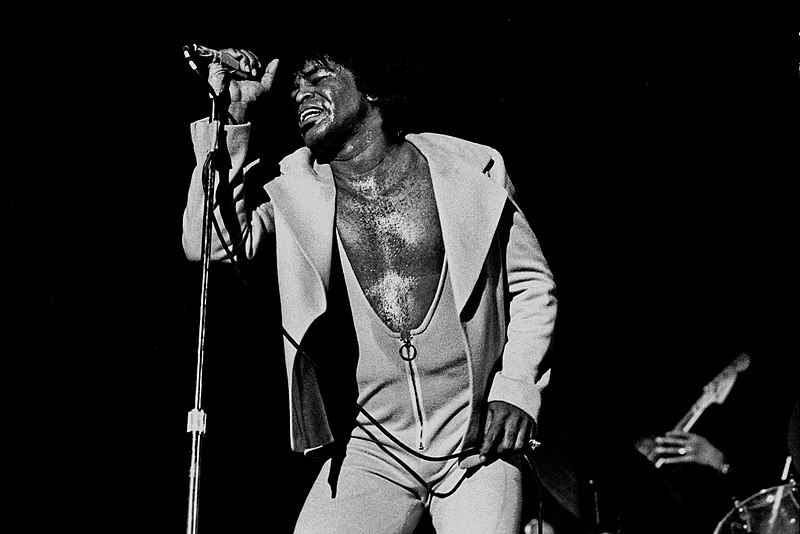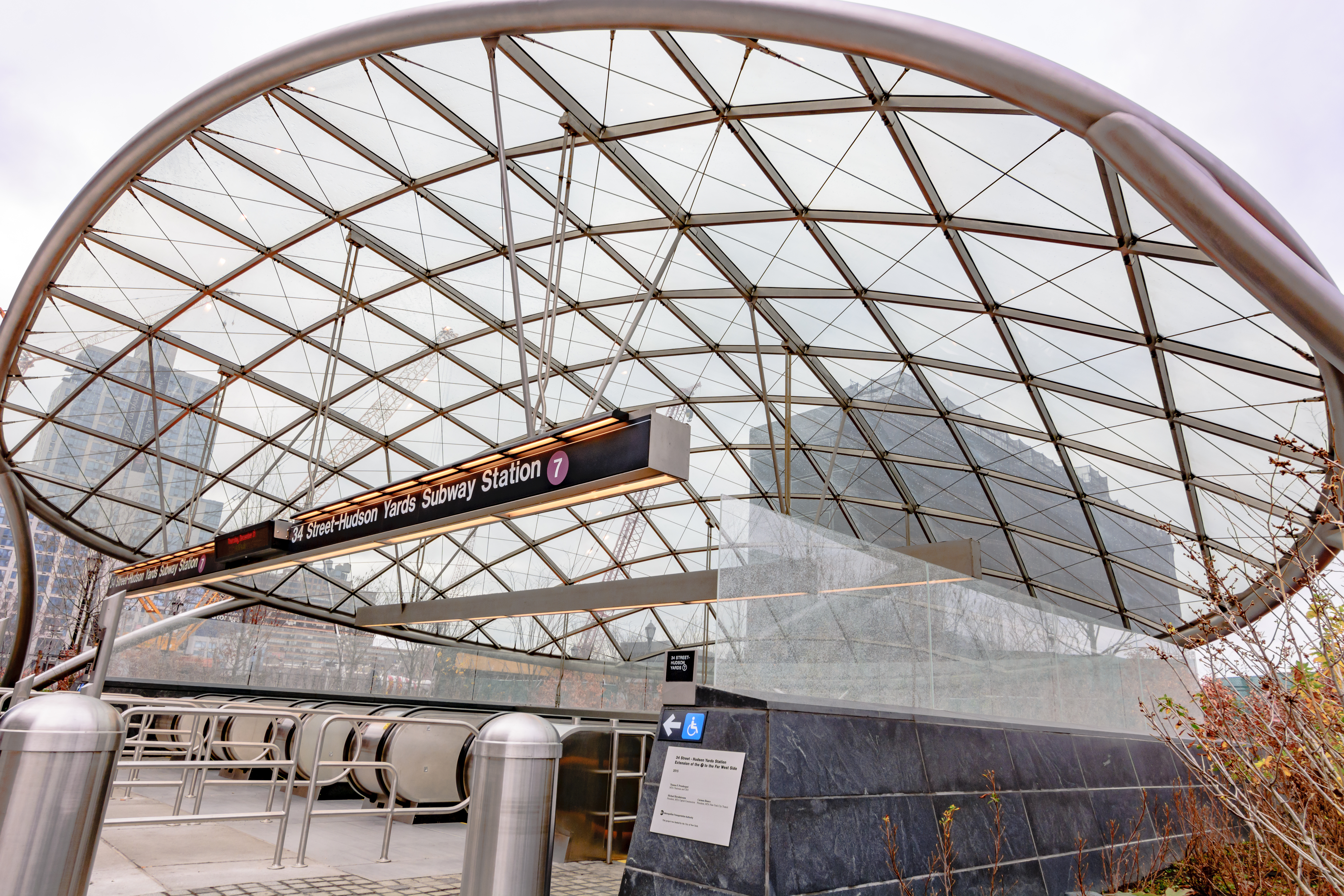Words in the News: Woke
 My advanced English students, many with high-level positions and graduate degrees, have lately been stumped by a one syllable word: woke. It appears not only on social media, but often in news stories and opinion pieces. (more…)
My advanced English students, many with high-level positions and graduate degrees, have lately been stumped by a one syllable word: woke. It appears not only on social media, but often in news stories and opinion pieces. (more…)
 Are you tired of being
Are you tired of being 


